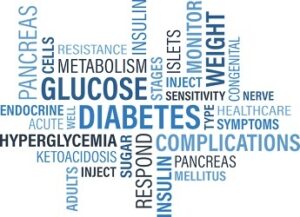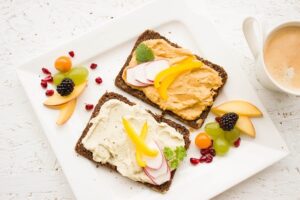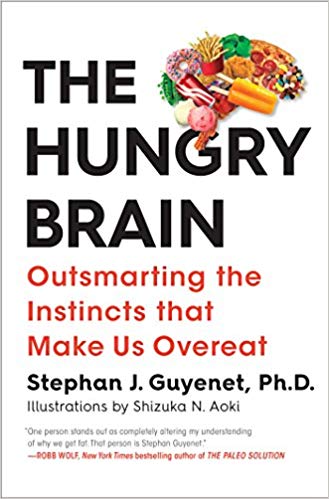
I haven’t written much while we’ve been on our trip, although I hope you got the recipe in the previous post for the white chocolate-cream cheese frosting, a true winner. At some point I’ll do a calculation of the sugar content of it and the buttercream, but that’s a subject for another day. In this post I want to give some random ideas on vacation eating, a topic I’ve discussed rather thoroughly before. But hey! There’s always room for more info about eating mindfully and well.







 In the previous post I discussed what the popular “food sensitivity” tests are actually testing, which is exposure and not actual food reactions. This one fact explains why the lists of forbidden foods that people get are so similar: a conventional American diet is going to have lots of gluten, dairy, and corn, with probably a lesser amount of soy. Getting rid of these four items will mean, for most people, a huge shift in their eating, often coming with the possibility of the loss of important nutrients. But the
In the previous post I discussed what the popular “food sensitivity” tests are actually testing, which is exposure and not actual food reactions. This one fact explains why the lists of forbidden foods that people get are so similar: a conventional American diet is going to have lots of gluten, dairy, and corn, with probably a lesser amount of soy. Getting rid of these four items will mean, for most people, a huge shift in their eating, often coming with the possibility of the loss of important nutrients. But the 